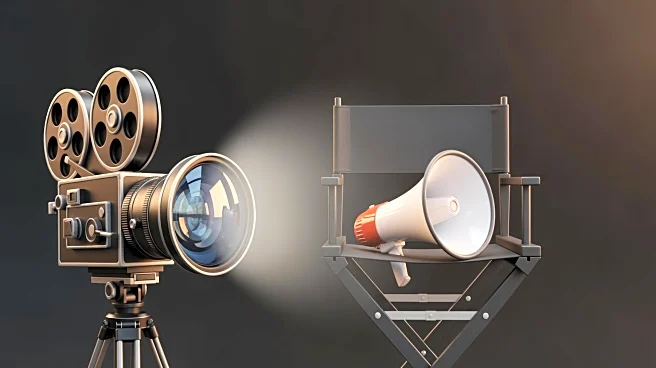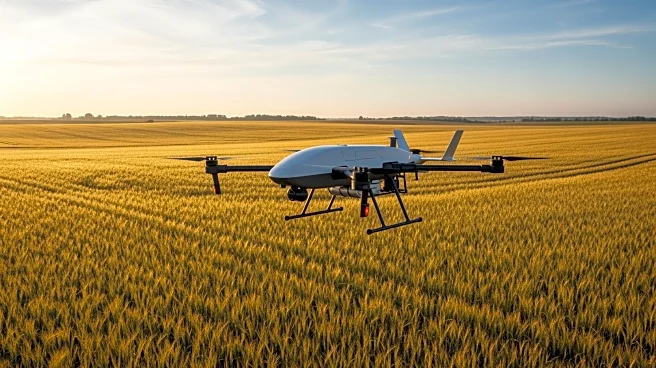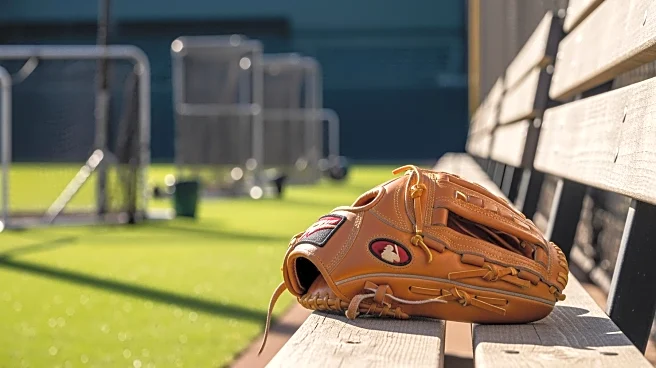What's Happening?
The WNBA and the Women's National Basketball Players Association (WNBPA) are considering extending their collective bargaining agreement (CBA) negotiations beyond the October 31 deadline. The talks have
been challenging, with player salaries being a major point of contention. The WNBA's new media rights deal, effective in 2026, is expected to significantly boost league revenue, prompting players to demand salary increases that reflect this financial growth. Union vice president Napheesa Collier has criticized the league's leadership, further intensifying the negotiations. The WNBPA is advocating for a revenue-sharing model similar to the NBA's, where player salaries are tied to league revenue. The WNBA's current proposal involves a fixed salary cap with annual increases, which the union argues does not adequately compensate players.
Why It's Important?
The negotiations are crucial for the future financial structure of the WNBA. Players are pushing for a compensation model that aligns with the league's anticipated revenue growth, which could set a new standard for women's professional sports. The outcome will affect not only player salaries but also the league's ability to attract and retain top talent. A failure to reach an agreement could lead to a work stoppage, disrupting the league's operations and potentially impacting its growth. The negotiations also underscore ongoing issues of gender equity in sports, as players seek parity with their male counterparts in the NBA.
What's Next?
If the deadline is extended, negotiations will continue into November, with both sides under pressure to reach a resolution. The WNBPA will likely maintain its stance on revenue sharing, while the WNBA will need to address player concerns to avoid a work stoppage. The outcome of these talks could influence future labor negotiations in women's sports and set a precedent for how revenue is shared in professional leagues.









